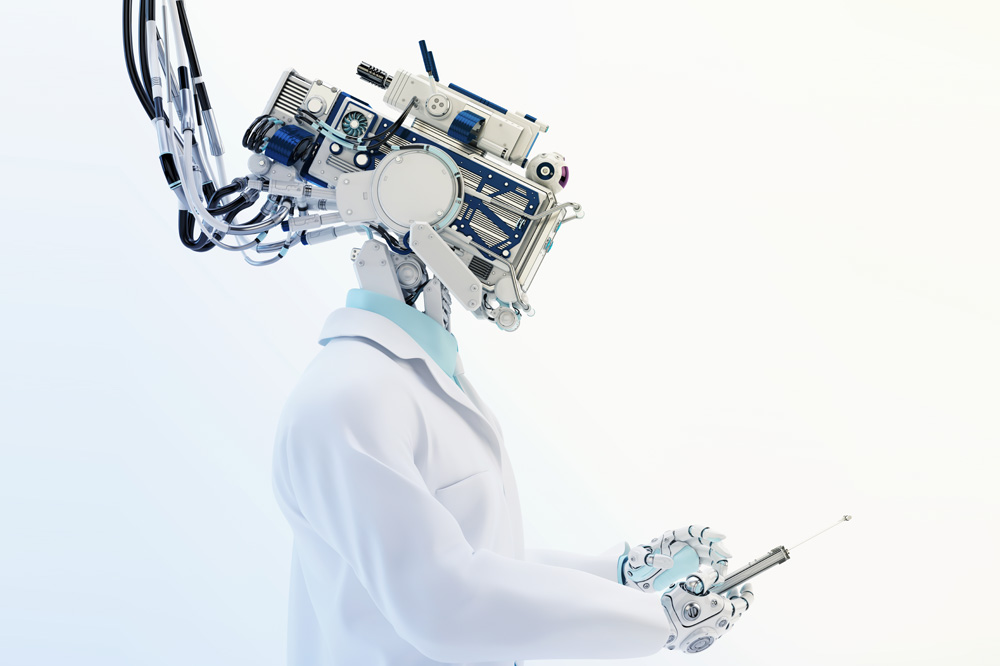
As part of Saudi Arabia’s efforts to modernize its society and diversify its economy, the Kingdom has been working on technological investments and advancements across its various sectors. In line with this overall vision and current projects, King Fahd Specialist Hospital in Saudi Arabia's city of Tabuk opened the Kingdom's first robot-operated “smart pharmacy” this month.
According to Arab News, the new pharmacy, which is able to dispense as many as 1,500 packages of medicine per hour, was inaugurated in the presence of Prince Fahd bin Sultan, the Governor of Tabuk region, who congratulated Tabuk Health Affairs on this achievement, saying that it would "contribute to better health care services.”
This pharmacy of the future currently has six outlets, one specifically designed to serve disabled customers. By using smart technology to power its operations, giving it the capability to not only dispense hundreds of packages of medicine, but to store over 20,000 packages of medicine, reject expired drugs, and deal with 240 prescriptions per hour, it aims to save time for both customers and pharmacists, ensure better control of drug stocks, provide the highest safety standards, and reduce medication error.
During the launch of the pharmacy, Prince Fahd also thanked King Salman and Crown Prince Mohammed bin Salman for their continuous support of the healthcare sector in Saudi Arabia. The government, which views healthcare as the sector with the best potential for privatization, has been working on optimizing and better utilizing the capacity of its hospitals and health care centers, as well as enhancing the quality of its preventive and therapeutic health care services.
According to the Oxford Business Group website, US-based consultancy Aon Hewitt predicted in its “2016 Global Medical Trend Rates” report that Saudi Arabia’s health care sector was set to grow at a compound annual growth rate of 12.3 percent through to 2020, reaching a value of 71.2 billion US dollars. That same year, the average net “trend rate” for the industry in the Kingdom rose by 9.5 percent, according to Aon, well above the MENA average of 5.3 percent.

















